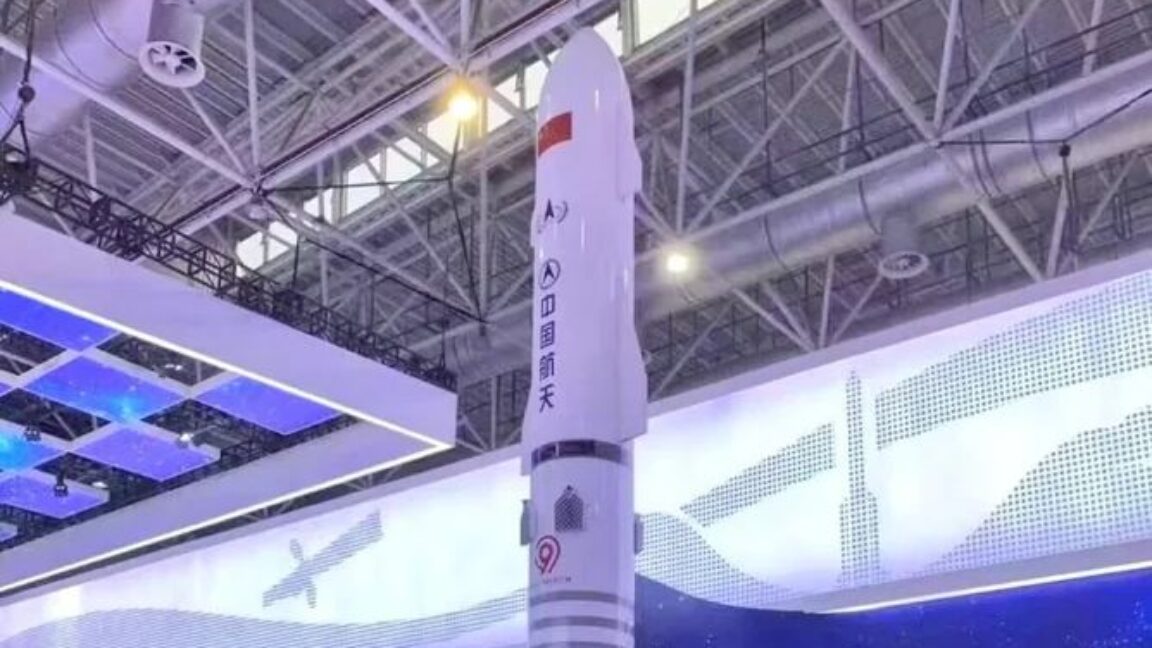- Daily Zaps
- Posts
- OpenAI’s o1 model leaked
OpenAI’s o1 model leaked
OpenAI’s model leak, AI finds 0-day bug, AI data center blocked, Bezos backs robotics, and more
Welcome back to Daily Zaps, your regularly-scheduled dose of AI news ⚡️
Here’s what we got for ya today:
📦 OpenAI’s o1 model leaked
🔎 AI finds 0-day security vulnerability
🏭 Government rejects AI nuclear data center plans
🦾 Jeff Bezos and OpenAI invest in robot startup
Let’s get right into it!
STARTUPS
OpenAI’s o1 model leaked
OpenAI is gearing up to release the full version of its o1 reasoning model later this year, but a recent leak has already shown its impressive capabilities. The o1 model, unlike previous GPT versions, takes time to reason through problems, leading to greater accuracy and depth in responses.
Last week, users briefly accessed what appeared to be the full model by adjusting a URL parameter, revealing its potential to analyze images and perform complex tasks with detailed reasoning. In tests, it solved image puzzles and provided in-depth descriptions of a SpaceX rocket launch image, hinting at major advancements in AI image understanding and multimedia analysis.
BIG TECH
AI finds 0-day security vulnerability
Google’s Project Zero and DeepMind's AI agent, Big Sleep, recently discovered a zero-day memory-safety vulnerability in SQLite, a widely used database engine—marking the first publicly known instance of an AI uncovering such a flaw. The AI-assisted agent caught the vulnerability before SQLite’s official release, allowing it to be patched swiftly, thus avoiding any real-world impact.
This breakthrough highlights AI's potential in security research, particularly in supplementing traditional "fuzzing" techniques by identifying complex vulnerabilities before software release. Although still experimental, Big Sleep’s approach may revolutionize defense strategies by improving root-cause analysis and reducing costs associated with vulnerability fixes.
FROM OUR PARTNER GAMMA
The future of presentations, powered by AI
Gamma is a modern alternative to slides, powered by AI. Create beautiful and engaging presentations in minutes. Try it free today.
ENERGY
Government rejects AI nuclear data center plans
Tech giants Amazon, Meta, and Microsoft are turning to nuclear power to meet the massive energy demands of AI and cloud data centers, but recent regulatory setbacks are complicating their plans. Amazon’s attempt to expand power access from the Susquehanna nuclear plant for a new data center was denied by the Federal Energy Regulatory Commission (FERC), which cited concerns over grid reliability and costs for other users.
Meta faced similar delays due to environmental regulations, including protections for a rare bee species. While Microsoft’s project to restart the Three Mile Island reactor remains on track, FERC’s involvement in several additional large-scale data center power requests highlights the growing challenges these companies face in securing dependable, large-scale power sources without disrupting local energy grids.
STARTUPS
Jeff Bezos and OpenAI invest in robot startup
San Francisco-based startup Physical Intelligence has raised $400 million, reaching a post-money valuation of $2.4 billion, with investors including Jeff Bezos, OpenAI, Thrive Capital, Lux Capital, and Bond Capital. This new valuation is a significant jump from its $400 million valuation in March.
Physical Intelligence, which includes talent from companies like Tesla, Google DeepMind, and X, aims to bring general-purpose AI into real-world applications by developing large-scale AI models for robots. The company envisions a future where users can instruct robots to perform various tasks—similar to how we interact with chatbots like ChatGPT.
In case you’re interested — we’ve got hundreds of cool AI tools listed over at the Daily Zaps Tool Hub.
If you have any cool tools to share, feel free to submit them or get in touch with us by replying to this email.
🕸 Tech tidbits from around the web
How much did you enjoy this email? |
** Sponsored











